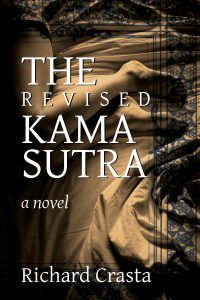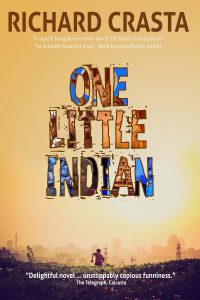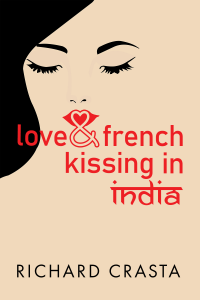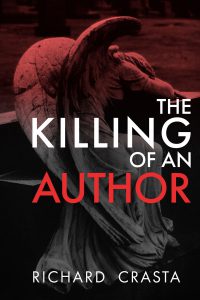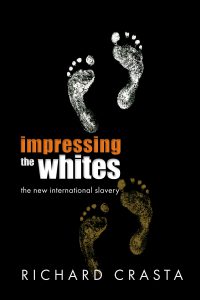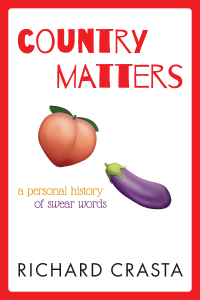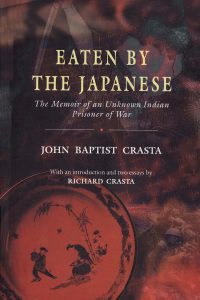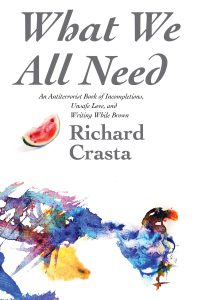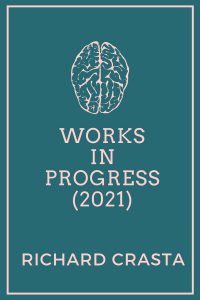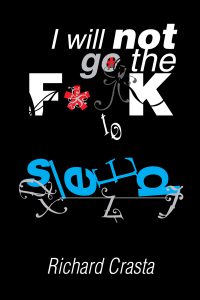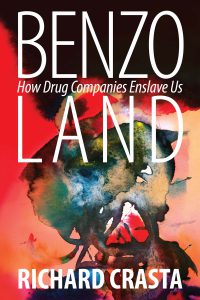This is a thought that has occurred to me, on and off, right from the time Salman Rushdie issued an apology for The Satanic Verses. And it returns, as Canadian Prime Minister Justin Trudeau apologizes for his various instances of blackface–though books are a very different kettle of fish from crude actions such as blackfacing.
So, confining myself to books: Should I or anyone else apologize for earlier books that were not sensitive enough to oversensitive readers in various countries? And especially to oversensitive non-readers … because if you are going to be policing language for Right Attitude, Right Thoughts, Right Language, Right Opinions, you’re not going to have any fun reading books, unless they came out of a bland computer-created melange of inoffensive and approved sentences.
I think I would rather trust the writer who made mistakes, who was not always at his best, who was not always he/she/their-ing their way around, who was born in the wrong country at the wrong time to the wrong parents, and therefore sounded like someone from outer space.
And yet, what would Henry Miller’s Tropic of Cancer or Tropic of Capricorn be if he had had to worry about all those sensitive people and prohibitions? Unfortunately for me, when writing The Revised Kama Sutra, I was aware of some sensitivities, but stubbornly refused to conform to them; and others, I was not wise enough, at the time, to heed.
Fashions and sensitivities keep changing, and an author who keeps worrying about who he is not to offend will produce tame books, or books that are not quite as authentic as they otherwise might have been. It is for readers to enter the act of reading a book without a long list of “Thou shalt not”s.
Salman Rushdie must be excused for wanting to live–it would have been a silly thing to die for someone else’s lack of imagination. But for those of us who face not death, but simply ostracism or less love from readers and reviewers: let’s remember that art does not exist so as not to offend; indeed, its originality is suspect if it doesn’t offend someone.
Sorry, no apologies for The Revised Kama Sutra. It was a statement of freedom, a cry of liberation, a shaking off of Victorian shackles that still bound India, and as my agent Bill Hamilton (my London agent for a few years) said at the time, “It is what it is.” Unlike Rushdie, who had the support of millions, I have paid for it with most of my literary life. And yet, it is what it is, and cannot be otherwise.
